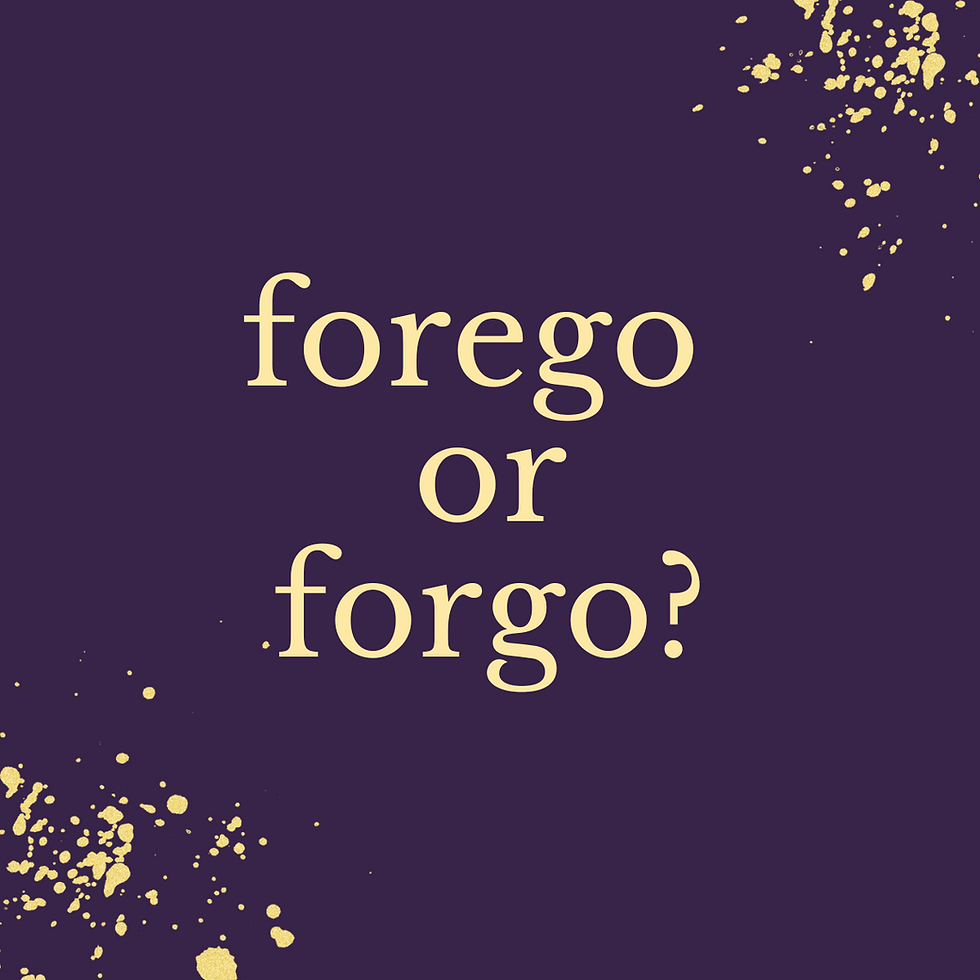Does Slang Fit the Time Period?
- Joanne Mason

- Dec 2, 2024
- 2 min read

If my Dad liked you, he’d call you a good egg. When my Mom was getting dressed, she might choose slacks or dungarees, depending on the occasion. And when I was younger, I might tell you that one movie was wicked funny and another was wicked boring.
These words were common for their time. And wicked still is, in some circumstances. Newbury Comics still uses “A Wicked Good Time” as an advertising slogan, and I sometimes see the word used to spoof how New Englanders talk. But usually, slang gets dated pretty quickly, and the use of slang words can seem out of place in certain contexts.

I was reminded of this while reading Erin Entrada Kelly’s middle-grade novel The First State of Being, a wicked fun tale of time travel. (Seriously—read it!) Sixteen-year-old Ridge travels from 2199 to 1999, and he tries to fit in with the local teens by using slang. His research suggests saying let’s bounce when leaving a place, peace out as a way to say goodbye, and word to show agreement.
But Ridge’s usage sound off to his 1999 peers:
Ridge cursed under his breath. “My Mom is going to have a cow when she finds out what I’ve done. What I’m doing. What I did. Not just one cow. Probably an entire herd.” (emphasis in original)
“You might consider pulling back on the slang,” his new, 1999 friend Gibby replies. (Chapter 10, page 75)
Slang can pose an interesting problem for editors, especially if they’re not familiar with the words and usage. Readers will sense something out of place when it doesn’t sound natural.
So what can editors do?
Recognize the slang. If a word sounds out of the ordinary, try to figure out why. Look up the word in a dictionary and check out the usage notes.
Consider the time period of the story. What slang was used? Once, during a movie about the Mayflower, I raised an eyebrow when I heard OK in a conversation among passengers. I felt fairly certain that OK was not common in 1620s English, and a quick check with Merriam-Webster confirmed this. The first known use of OK was in 1839.
Think about the person using the slang. Does the word sound like something they would say? Might they be using it to appeal to another group? I remember my fifth-grade teacher telling us our math text was a really cool book. But even our class of 10-year-olds didn’t believe him.
When have you encountered slang that sounds of out of place? What was your reaction?




Comments